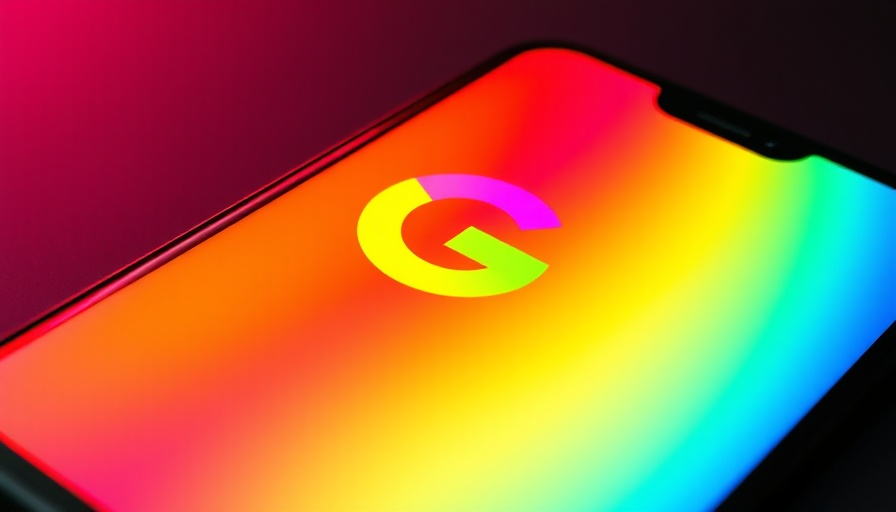
Goodbye Google Assistant: Welcome to the Future with Gemini
In a move that has been anticipated for some time, Google has announced the replacement of its long-standing voice assistant, Google Assistant, with a fresh, robust alternative named Gemini. Set to roll out in the coming months, Gemini promises to bring a new level of functionality and efficiency to mobile device users, reshaping the landscape of smart assistants as we know it.
Why Gemini is a Game Changer for Users
Gemini is designed to be more than just a voice assistant; it’s an integrated part of Google’s evolving digital ecosystem. While Google Assistant has served millions effectively since its launch in 2016, feedback regarding its limitations has paved the way for Gemini's development. Key features include improved voice recognition, action completion from the lock screen, and additional functionalities like music playback and custom timer settings. These enhancements are especially beneficial for small business owners looking to streamline workflows and maximize productivity.
Understanding the Transition: What's in Store for Existing Users?
Google's transition from Assistant to Gemini means that users on many Android devices—including tablets and smart home devices—will soon find themselves operating with a new interface and advanced capabilities. However, it is important to note that users with older devices running Android 9.0 or earlier will still retain access to Google Assistant until newer updates are applied in the future.
According to Google, this strategic shift will not only upgrade smartphones but also extend to various connectivity-driven devices, such as smartwatches and automotive systems. This holistic upgrade aligns with the company’s goal of creating a seamless, interconnected experience for users.
The Competitive Edge: How Gemini Stacks Up Against Rivals
The announcement of Gemini has sparked discussions about how Google’s latest assistant compares to existing alternatives like Apple’s Siri and Amazon’s Alexa. While these competitors have their unique strengths, Gemini is positioned to provide a comprehensive suite of functionalities tailored to users' diverse needs. For marketers, this represents not just an evolution of interaction but also a pivotal moment to leverage AI-driven insights into consumer behavior—expanding the landscape for targeted marketing strategies.
Future Predictions: A New Era for Voice Assistants
As Google officially begins the rollout of Gemini, industry experts expect to see significant enhancements in how users engage with technology. The integration of more AI capabilities promises to revolutionize tasks that traditionally relied on manual input, setting a new standard in the realm of conversational AI. With Gemini at the forefront, businesses have a real incentive to adapt quickly and embrace these innovations, ensuring they do not lag behind in improving customer experiences.
Common Misconceptions About the Transition to Gemini
Many may wonder if the transition from Google Assistant to Gemini means a decline in reliability. While change often sparks concern, Google’s reinforcement that Gemini was built upon the weaknesses identified in Assistant indicates a conscientious effort to improve user experience. Small business owners and marketers are poised to benefit if they capitalize on these next-gen tools without fear of shortcomings.
What Should Businesses Do Next?
As the Gemini rollout unfolds, marketers should prepare for this pivotal transition by assessing how these changes can enhance their interactions and strategies. By familiarizing themselves with the capabilities of Gemini, businesses can harness voice technology for improved engagement and customer satisfaction.
In summary, the introduction of Gemini marks a significant turning point, not just for Google but for the entire voice assistant ecosystem. As small business owners, marketers, and agencies, it’s crucial to understand how these changes can create new opportunities for efficiency, communication, and innovation in our rapidly evolving digital landscape.
Take Action Now!
Stay ahead in the competitive landscape by embracing the advancements that Gemini brings to your marketing strategies. Familiarize yourself with these features and think creatively about how to integrate them into your existing frameworks to drive engagement and efficiency.
 Add Row
Add Row  Add
Add 




Write A Comment